Hello Pauline, Greetings From The Other Side✨ I Have Been Struggling With Reading Non-fiction For A
hello pauline, greetings from the other side✨ i have been struggling with reading non-fiction for a while, feels like my brain is rotting :( could you please help me out/ recommend things i can start with which are interesting and not that hard to comprehend. thank you so much for you help. love and light to you 🌟
I feel you, I’ve just started reading academic papers for uni again and I hadn’t realized how much I missed reading non-fiction! On this list there are some I’ve read, some I’ve started but haven’t finished and others I’m looking forward to read. I would say all the essay collections and memoirs (except maybe for that of Wojnarowicz) are pretty accessible, maybe the political writings are a bit harder to understand depending on the subject (and I guess level of specificity and/or radicalism as well)
Obligatory readings (so like, my favourites, essays/collections that have shaped who I am): - The Book of Delights by Ross Gay - All About Love: New Visions by bell hooks - The Lonely City: Adventures in the Art of Being Alone by Olivia Laing - Upstream: Selected Essays by Mary Oliver - Conversations with James Baldwin, edited by Fred L. Standley - The Empathy Exams by Leslie Jamison
Some very touching/harrowing memoirs: - Why Be Happy When You Could Be Normal? by Jeanette Winterson - Little Weirds by Jenny Slate - The Year of Magical Thinking by Joan Didion - Bluets by Maggie Nelson - The Chronology of Water by Lidia Yuknavitch - In the Dream House: A Memoir by Carmen Maria Machado - The Fact of a Body: A Murder and a Memoir by Alexandria* Marzano-Lesnevich (I think they no longer use that name but it’s the name under which it was published) - The Princess Diarist by Carrie Fisher - A House Of My Own: Stories From My Life by Sandra Cisneros - The Cancer Journals by Audre Lorde - Close to the Knives: A Memoir of Disintegration by David Wojnarowicz
More political non-fiction: - The Fire Next Time, Notes of a Native Son, Nobody Knows My Name, and I Am Not Your N**** by James Baldwin - Women, Race & Class and Are Prisons Obsolete? by Angela Davis - Ain't I a Woman: Black Women and Feminism by bell hooks - Sister Outsider: Essays and Speeches, Zami: A New Spelling of My Name by Audre Lorde - The New Jim Crow: Mass Incarceration in the Age of Colorblindness by Michelle Alexander - Pedagogy of the Oppressed by Paulo Freire - A Power Governments Cannot Suppress by Howard Zinn - This Nonviolent Stuff'll Get You Killed: How Guns Made the Civil Rights Movement Possible by Charles E. Cobb Jr.
Others: - Letters to a Young Poet by Rainer Maria Rilke - Feel Free: Essays by Zadie Smith - What Poetry Is All About by Greg Kuzma - Sapiens: A Brief History of Humankind by Yuval Noah Harari - Braiding Sweetgrass: Indigenous Wisdom, Scientific Knowledge, and the Teachings of Plants by Robin Wall Kimmerer - The Crying Book by Heather Christle
More Posts from Ro0hafz4 and Others
you might've gotten this question before but I wondered, what are your favorite fairytales/myths? also just wanted to say i love your blog so much, scrolling through it feels like wandering in a magical garden 💚
apologies for answering this 3 days late! thank you so much for asking this, and for loving my blog… how lovely of you! i appreciate it, truly ♡
some fairytales i love:
bluebeard’s bride
death and the nightingale, by hans christian andersen. it’s about an emperor, a nightingale, a clockwork bird, and the grim reaper.
the goose girl
east of the sun, west of the moon -i’m linking a version with kay nielsen’s famous illustrations, because they add a lot to it!
i couldn’t find a text of this, and i know it’s obscure, but there’s this kashmiri folk tale called ‘the chinese princess’ that is about a lamia. i read it in ‘angela carter’s book of fairytales’ and it has stuck with me… i recommend hunting the book down digitally if you can!
my friend doe @rosedaughter once talked of a palestinian version of little red riding hood that i found so delightfully chilling and incredible… here’s the post where she recounts it.
this only loosely counts, but in the silmarillion by jrr tolkien, the creation myths - the music of the ainur, and how that fictional world was created - have stuck with me. i always found it wonderful to read. it’s called the ainulindale, it’s about the length of a chapter, and here is the text of it.
the frame story of 1001 nights - of sheherazade spinning tales every night to a prince and his court.
the crane wife / tsuru no ongaeshi
the twelve dancing princesses …i really love this one, it always fascinated me.
loosely related to the 12 dancing princesses, there is an anime called ‘princess tutu’ that’s about fairytales and story meta and character trope subversion and it’s incredible and i can’t recommend it enough. and although linking a fic is probably odd, there’s a fanfic for princess tutu that rewrites the story of the 12 dancing princesses in such a stunning way. i believe you can enjoy it even if you don’t know the show. it’s one of my favourite pieces of writing ever, read it here.
the ballad of tam lin! it’s a scottish fairytale that resembles a beauty and the beast-type tale, and i love it very much. here’s the wiki for it, you can read the full text from the link there.
again, this only loosely counts, but the poem ‘goblin market’ by christina rossetti is so beautiful. i love it, it counts to me.
vasilisa the beautiful and her brief encounter with baba yaga.
swan lake, the ballet, in general.
cupid and psyche from greek mythology!
i hope you enjoy these!

The costume of Medea worn by Maria Callas in Pasolini’s Medea (1969).
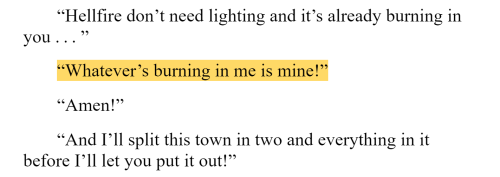
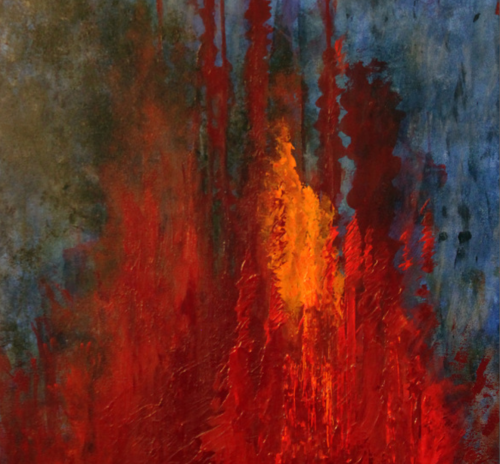

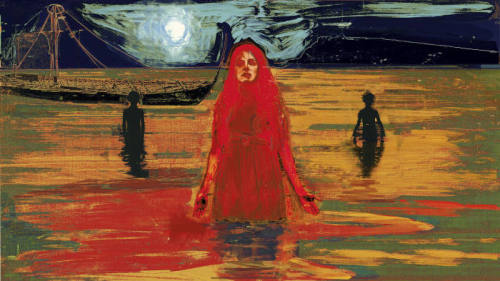
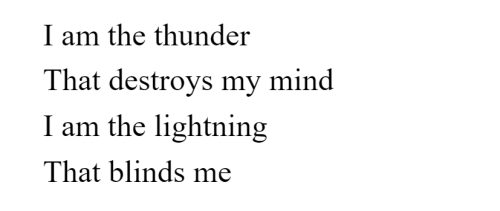
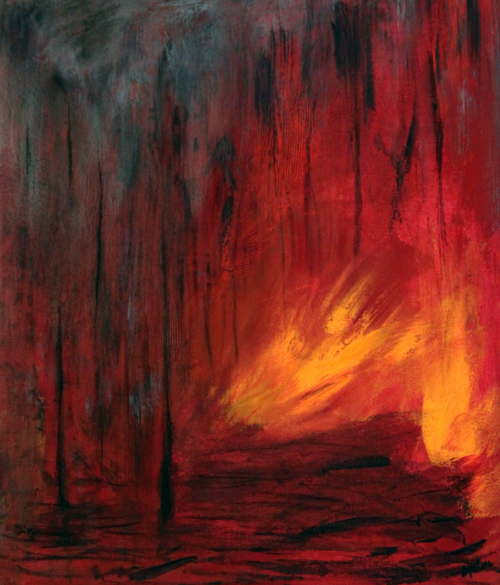

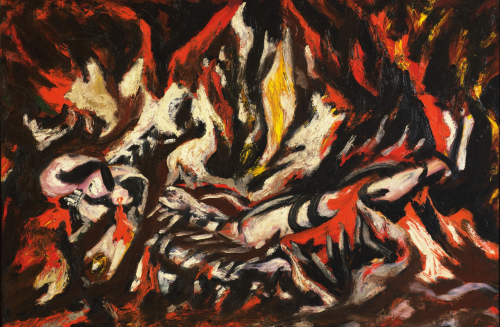
toni morrison, sula // stephanie peters, fire // seneca, medea (trans. a.j. boyle) // david mcconochie, medea // peter russell, night the first // stephanie peters, roaring flame // hozier, arsonist’s lullabye // jackson pollock, the flame

A pair of gold bracelets... snacelets. Roman, 1st century AD
from The Walters Art Museum
Also forever grumbling about the fact that people want to divorce the myth but more specifically the Homeric Hymn to Demeter from its cultic purposes; Eleusis and the Eleusinian Mysteries play a major role in the story and this has a huge effect on the storytelling, and if we divorce all of the themes it imposes on Persephone/Demeter’s storylines from their myth in this adaptation, you lose a significant amount of context and meaning
“The manifold self-contradictions in Greek ideas and phrasing about death are not errors. They are styles of imagining the unimaginable, and are responsive both to personal needs and to old conventions. The same conflicts surge up in many cultures. They are necessary ambiguities in a realm of thinking where thinking cannot really be done, and where there is no experience.”
— Emily Vermeule, “Immortals are Mortal, Mortals Immortal,” Aspects of Death in Early Greek Art and Poetry
-
 dewyswan liked this · 2 months ago
dewyswan liked this · 2 months ago -
 ro0hafz4 reblogged this · 6 months ago
ro0hafz4 reblogged this · 6 months ago -
 weak-nude liked this · 8 months ago
weak-nude liked this · 8 months ago -
 buskuta liked this · 2 years ago
buskuta liked this · 2 years ago -
 bearingwitness liked this · 2 years ago
bearingwitness liked this · 2 years ago -
 ri0tsn0tdiets liked this · 2 years ago
ri0tsn0tdiets liked this · 2 years ago -
 platherapy reblogged this · 3 years ago
platherapy reblogged this · 3 years ago -
 peconpie100 liked this · 3 years ago
peconpie100 liked this · 3 years ago -
 seubentin reblogged this · 3 years ago
seubentin reblogged this · 3 years ago -
 zylehouette reblogged this · 3 years ago
zylehouette reblogged this · 3 years ago -
 zylehouette liked this · 3 years ago
zylehouette liked this · 3 years ago -
 scnd-athen liked this · 3 years ago
scnd-athen liked this · 3 years ago -
 fettaccine liked this · 3 years ago
fettaccine liked this · 3 years ago -
 mais-sucre liked this · 3 years ago
mais-sucre liked this · 3 years ago -
 zinzinina liked this · 3 years ago
zinzinina liked this · 3 years ago -
 macviola liked this · 3 years ago
macviola liked this · 3 years ago -
 spectator-of-the-show reblogged this · 3 years ago
spectator-of-the-show reblogged this · 3 years ago -
 thatskepticalbitchcara liked this · 3 years ago
thatskepticalbitchcara liked this · 3 years ago -
 itsleighjane liked this · 3 years ago
itsleighjane liked this · 3 years ago -
 dreamabouttheuniverse reblogged this · 4 years ago
dreamabouttheuniverse reblogged this · 4 years ago -
 graveyard-for-stars liked this · 4 years ago
graveyard-for-stars liked this · 4 years ago -
 myhomethesea reblogged this · 4 years ago
myhomethesea reblogged this · 4 years ago -
 shewasalilacskye liked this · 4 years ago
shewasalilacskye liked this · 4 years ago -
 tyriansky liked this · 4 years ago
tyriansky liked this · 4 years ago -
 snufflescribbles liked this · 4 years ago
snufflescribbles liked this · 4 years ago -
 greenmirth liked this · 4 years ago
greenmirth liked this · 4 years ago -
 gabystudiesarch liked this · 4 years ago
gabystudiesarch liked this · 4 years ago -
 m0thb0nes liked this · 4 years ago
m0thb0nes liked this · 4 years ago -
 red-frame liked this · 4 years ago
red-frame liked this · 4 years ago -
 naanlavash liked this · 4 years ago
naanlavash liked this · 4 years ago -
 mixedditz liked this · 4 years ago
mixedditz liked this · 4 years ago -
 blackravensmoon liked this · 4 years ago
blackravensmoon liked this · 4 years ago -
 hotknifepaperbag liked this · 4 years ago
hotknifepaperbag liked this · 4 years ago -
 cryerie reblogged this · 4 years ago
cryerie reblogged this · 4 years ago -
 saturday-night-salamanders liked this · 4 years ago
saturday-night-salamanders liked this · 4 years ago -
 tenderestbodies reblogged this · 4 years ago
tenderestbodies reblogged this · 4 years ago -
 importeddd reblogged this · 4 years ago
importeddd reblogged this · 4 years ago -
 hermitdcrane liked this · 4 years ago
hermitdcrane liked this · 4 years ago -
 collectionsreblogs reblogged this · 4 years ago
collectionsreblogs reblogged this · 4 years ago -
 parthenon liked this · 4 years ago
parthenon liked this · 4 years ago -
 kisames00 reblogged this · 4 years ago
kisames00 reblogged this · 4 years ago -
 insanity--on--a--stick liked this · 4 years ago
insanity--on--a--stick liked this · 4 years ago -
 holdoncallfailed liked this · 4 years ago
holdoncallfailed liked this · 4 years ago -
 thundercrack reblogged this · 4 years ago
thundercrack reblogged this · 4 years ago -
 finalgirlforeverr liked this · 4 years ago
finalgirlforeverr liked this · 4 years ago













